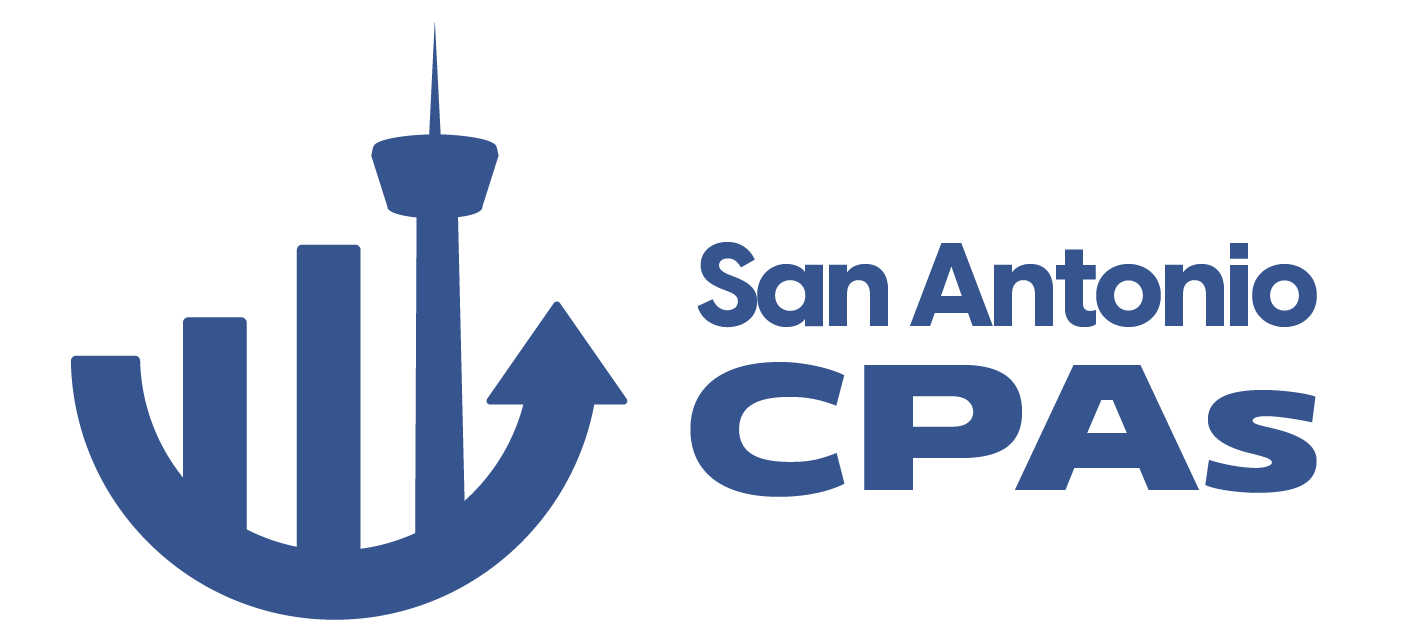There’s nothing more devastating for a business than falling victim to financial fraud. Not only does it take a significant toll on the company’s bottom line, but it can also irrevocably damage the business’s reputation. Unfortunately, financial fraud isn’t uncommon, and every business owner should take proactive steps to safeguard their finances against fraudsters. In this post, we’re going to discuss the most common financial fraud schemes, what to do if your business falls victim to fraud, and whether or not the business can be held liable for financial fraud.
Understanding the Common Financial Fraud Schemes
The first step towards protecting your business from financial fraud is to understand the most common types of fraud schemes. Some of the most common types of business financial fraud include phishing scams, invoice fraud, and insider fraud. Phishing scams involve tricking your employees into giving away login credentials or personal information, while invoice fraud involves creating fake invoices to bill your business for services you haven’t received. Insider fraud is when one of your employees uses their access to your business’s finances for personal gain.
Taking Proactive Steps to Prevent Fraud
Now that you understand the most common types of business financial fraud schemes, it’s time to take actionable steps to prevent them. One of the most effective ways to prevent phishing scams is to ensure that your employees are trained on identifying and reporting phishing emails. You can also implement two-factor authentication to make it harder for fraudsters to gain access to your business’s accounts. To prevent invoice fraud, you should implement strict approval processes for all incoming invoices and keep track of all payments made.
What to Do if Your Business Falls Victim to Fraud
Even if you take all the necessary precautions, there’s still a chance that your business can fall victim to financial fraud. If you do suspect that your business has been defrauded, the first step is to contact the appropriate authorities. Depending on the extent of the fraud, this may include the local police, FBI or IRS. You should also contact your bank or financial institution and report the fraudulent activity. Finally, you should conduct an internal investigation to determine how the fraud occurred and what steps you can take to prevent it from happening in the future.
Can the Business be Held Liable for Financial Fraud?
In some cases, a business may be held liable for financial fraud that occurs within the organization. For example, if an employee commits financial fraud, the business may be held liable if they were aware of the fraudulent activity and did nothing to prevent it. Additionally, if the business failed to implement adequate financial controls and processes, they may be held liable for any losses that result from financial fraud.
In today’s world, businesses must take proactive measures to safeguard their finances against fraudsters. This means understanding the most common types of financial fraud, implementing preventive measures, and knowing what to do if your business falls victim to fraud. By taking these steps, you can protect your business’s finances and reputation from irreparable harm. And if you need assistance in preventing or addressing financial fraud, seek the help of a qualified accountant or financial advisor who can help you implement the right strategies to safeguard your business.


